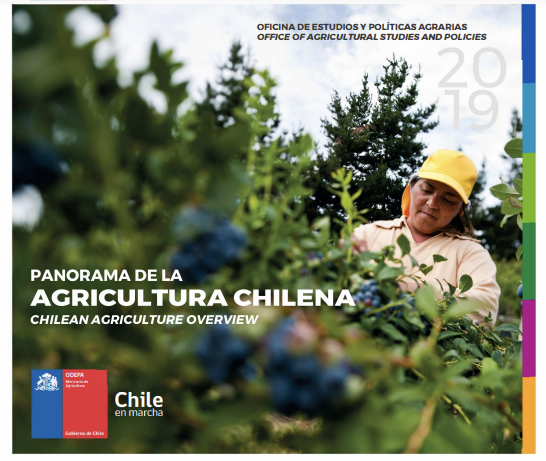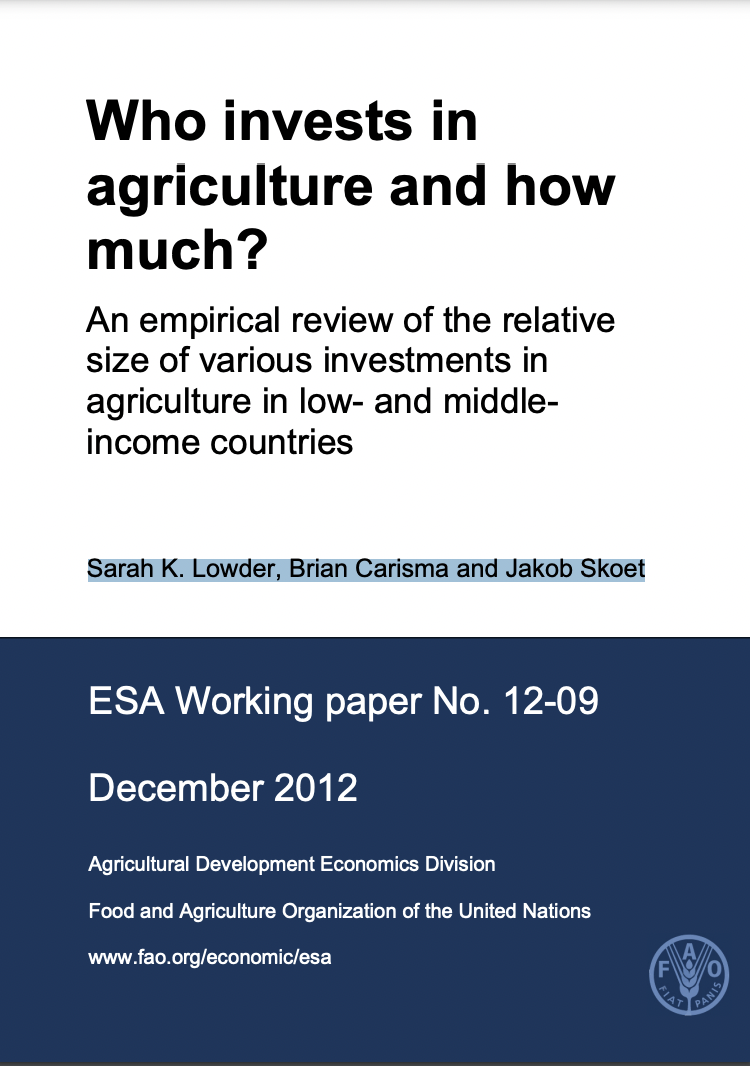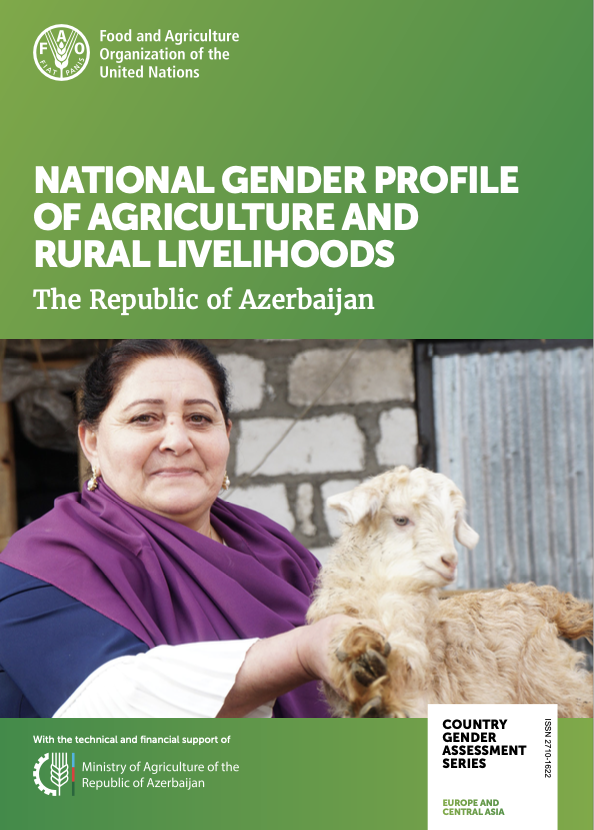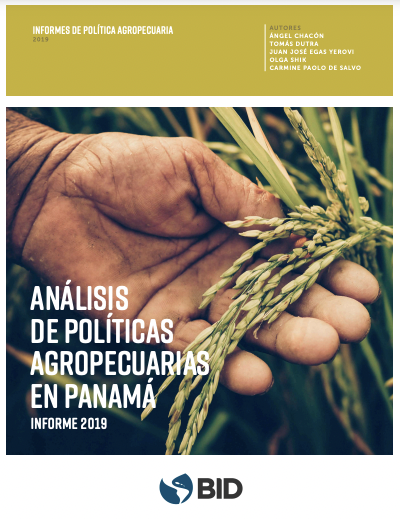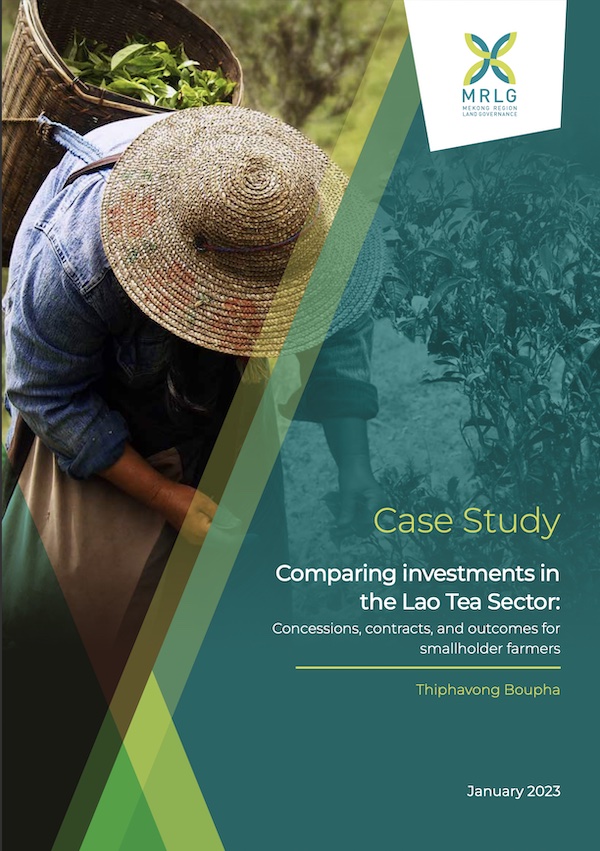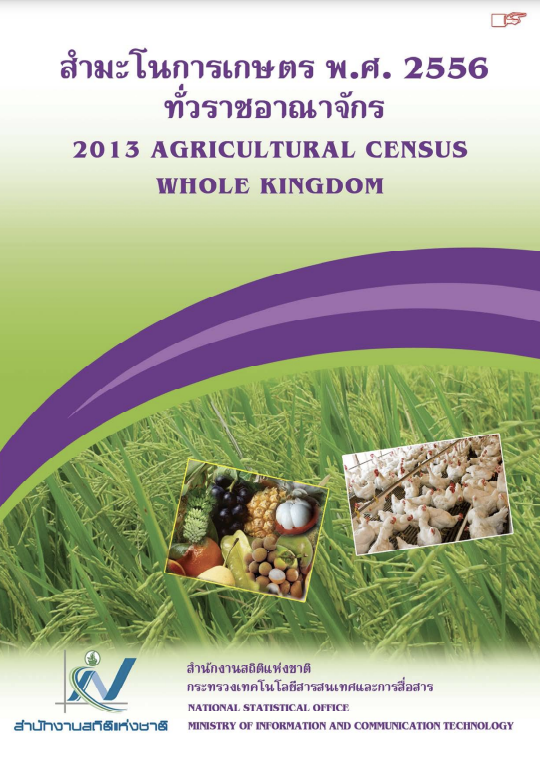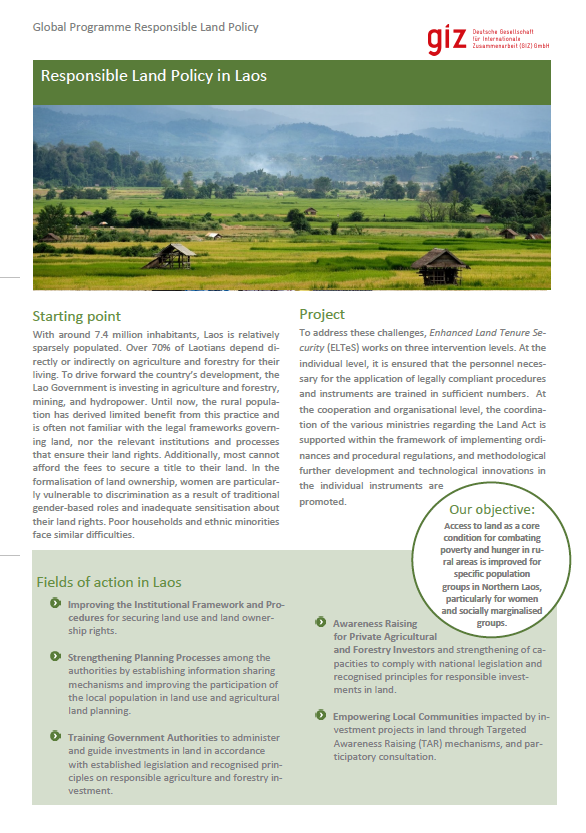Panorama de la Agricultura Chilena
Para poder adaptarse a mercados domésticos y externos cada vez más exigentes, el Ministerio de Agricultura de Chile ha ampliado su acción desde, exclusivamente, las políticas sectoriales agrícolas a la coordinación de acciones con otros ministerios en el espacio rural, reconociendo el impacto de la actividad agrícola en las personas y en el medio ambiente.

